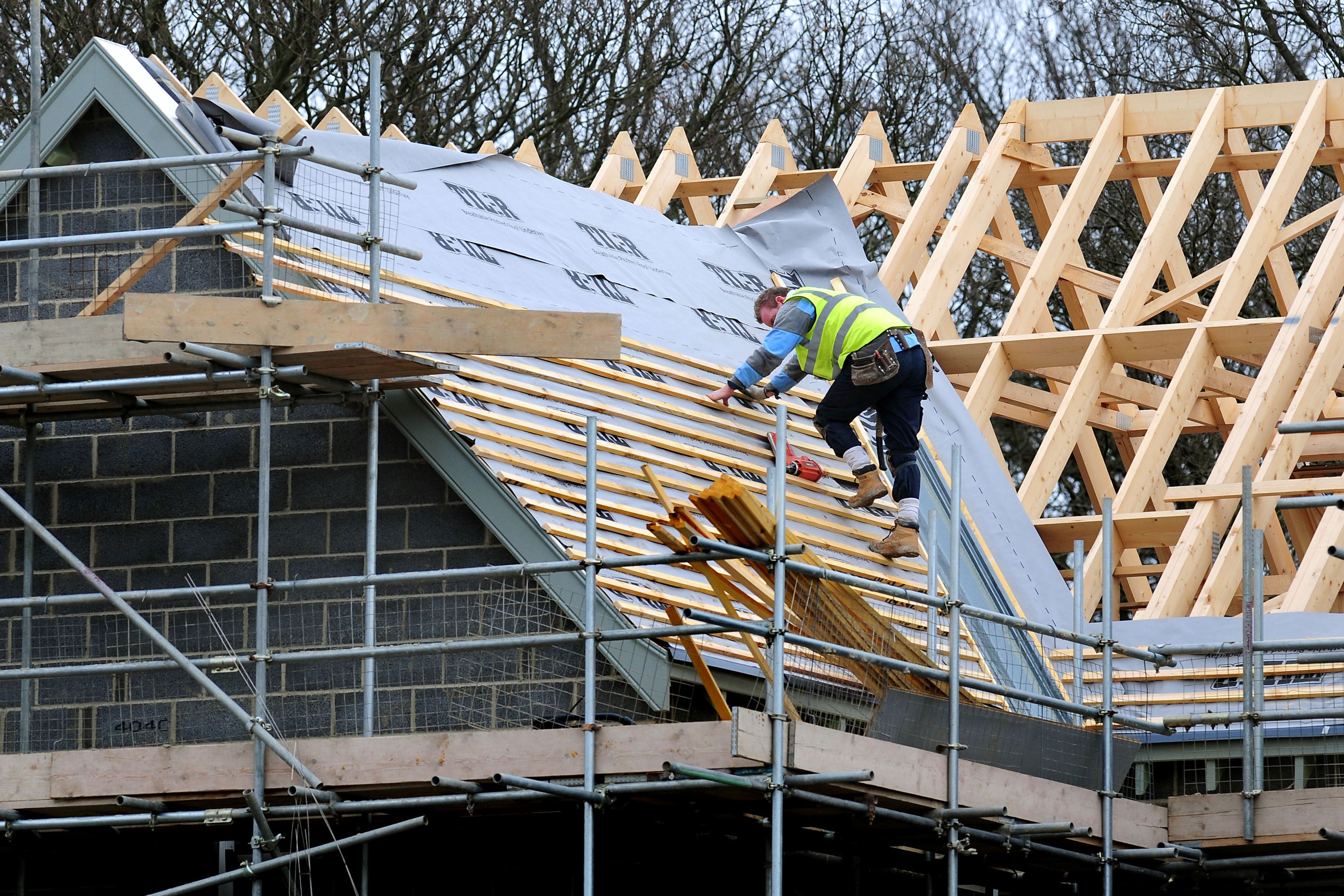Oxford and Cambridge hit housebuilding targets while cutting emissions
The university locations achieved the lowest levels of emissions of any major cities in England and Wales, the Office for National Statistics found.

Your support helps us to tell the story
From reproductive rights to climate change to Big Tech, The Independent is on the ground when the story is developing. Whether it's investigating the financials of Elon Musk's pro-Trump PAC or producing our latest documentary, 'The A Word', which shines a light on the American women fighting for reproductive rights, we know how important it is to parse out the facts from the messaging.
At such a critical moment in US history, we need reporters on the ground. Your donation allows us to keep sending journalists to speak to both sides of the story.
The Independent is trusted by Americans across the entire political spectrum. And unlike many other quality news outlets, we choose not to lock Americans out of our reporting and analysis with paywalls. We believe quality journalism should be available to everyone, paid for by those who can afford it.
Your support makes all the difference.The cities of Oxford and Cambridge have managed to slash their greenhouse gas emissions while still exceeding housebuilding targets, according to new analysis.
The university locations achieved the lowest levels of emissions of any major cities in England and Wales, according to Office for National Statistics data.
Yet both have still managed to hit their targets to build new homes.
Cambridge was expected to build 1,612 homes between 2018 and 2021, but managed 528 more, data from property platform LandTech shows.
Over the same period Oxford built 1,879 new homes against a target of just 88, the company said.
Both cities have a track record for smart planning and investment in critical infrastructure which must act as an example to the rest of the UK
The analysis compared the cities of Bristol, Birmingham, Cambridge, Cardiff, Leeds, Liverpool, all London boroughs, Manchester, Newcastle upon Tyne, Oxford and York.
“Despite being knowingly well-funded cities – not least thanks to boom industries such education and technology/life sciences – both university towns have proven its possible for population and housing delivery to significantly increase while reducing harmful greenhouse gases,” said LandTech co-founder Jonny Britton.
“Both cities have a track record for smart planning and investment in critical infrastructure which must act as an example to the rest of the UK.”
Experts believe that decarbonising homes in the UK will be one of the biggest challenges in meeting the country’s environmental targets.
Currently around three in four homes are heated purely by burning gas, a fossil fuel, and the UK also has some of the worst-insulated homes in Europe.
Analysis of the ONS data shows that Oxford managed to reduce its overall greenhouse gas emissions by 44% over the past decade, the most of any city analysed.
Cambridge had the lowest overall emissions of the cities and had seen a reduction of nearly 43% over a decade.
Leeds had the smallest drop at 34%, the data shows.